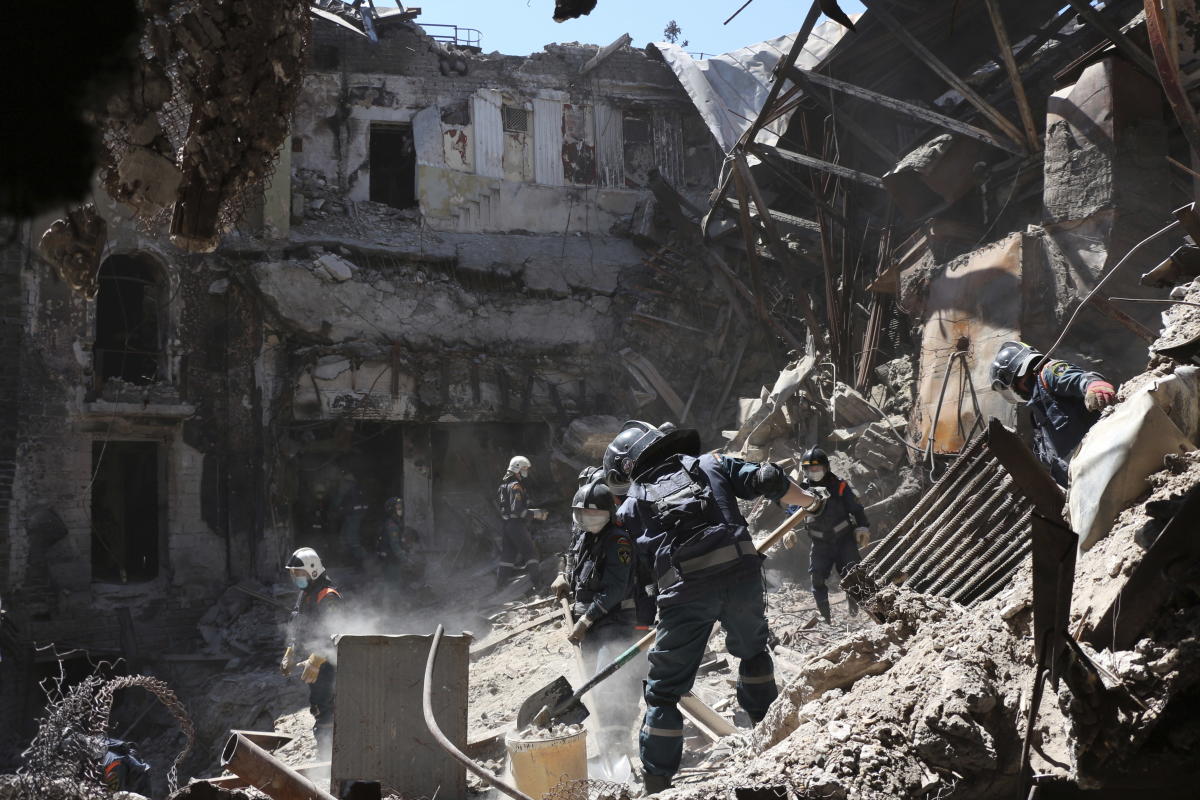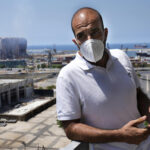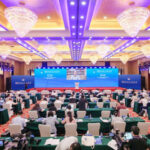
LOS ANGELES (AP) — Two documentaries detailing the punishing effects of Russia’s war on Ukraine will air on PBS’ “Frontline” investigative series.
The specials are part of an extensive collaboration between the series and The Associated Press that includes gathering, verifying and cataloging potential war crimes and co-publishing stories and videos from AP and “Frontline” war reporting.
“Putin’s Attack on Ukraine: Documenting War Crimes,” will describe the toll of previous Russian conflicts and the invasion of Ukraine.
The film, from director Tom Jennings, producer Annie Wong and AP investigative reporter Erika Kinetz and colleagues, aims to expose “the challenges of trying to hold Russia to account,” according to the announcement Wednesday.
The second documentary, “20 Days in Mariupol,” will view Russia’s attack on the Ukrainian city through the work of AP video journalist Mstyslav Chernov. He and two colleagues were the sole international journalists who remained in Mariupol to cover the attack, which included the bombing of a maternity hospital.
The two films are set to premiere on “Frontline” when it begins a new season in September. Specific airdates were not announced.
The “Frontline” and AP initiative, which includes the War Crimes Watch Ukraine interactive experience, has documented more than 300 incidents involving potential war crimes since Russia invaded Ukraine on Feb. 24.
“We hope our collaborative reporting efforts can expose the true toll of this war and preserve this moment in history,” Raney Aronson-Rath, executive producer and editor-in-chief of ”Frontline,” said in a statement.
During a virtual panel discussion with TV critics Wednesday, Chernov was asked how he weighs his personal safety against such critically important reporting.
“There is a constant feeling of danger. It’s impossible to get used to,” he said. “But again, this is something that pushes you to work and just motivates you to continue and to try to tell more.”
Alison Kodjak, AP deputy global investigations editor, and Beatrice Dupuy, AP news verification journalist, also took part in the panel. Kodjak said the collaborative effort with “Frontline” is documenting evidence of incidents, as opposed to individual counts of criminal activity.
“We aren’t law enforcement, so we’re not in a position to determine how many crimes those incidents account for,” Kodjak said. The number of criminal charges potentially could far exceed the hundreds of incidents tracked so far, she said.
“We have been able, through the hard work of people like Beatrice, to say, ‘This video is real. It happened at the time that it was claimed happened,’” Kodjak said. “This actually was a school. This actually was a hospital. It wasn’t being used by the military at the time that it was bombed.”
Dupuy said the process of assessing each possible incident is painstaking and includes examining the “flood of posts and video and photos on social media” emerging from Ukraine, verifying key images and corroborating the findings with AP reporting and other information.
“We’re really taking the time to verify each one of them and have the evidence to show each incident and what took place as well,” she said.
In March, the International Criminal Court prosecutor in launched an investigation that could target senior officials believed responsible for war crimes, crimes against humanity or genocide during Russia’s invasion of Ukraine, which began Feb. 24.




